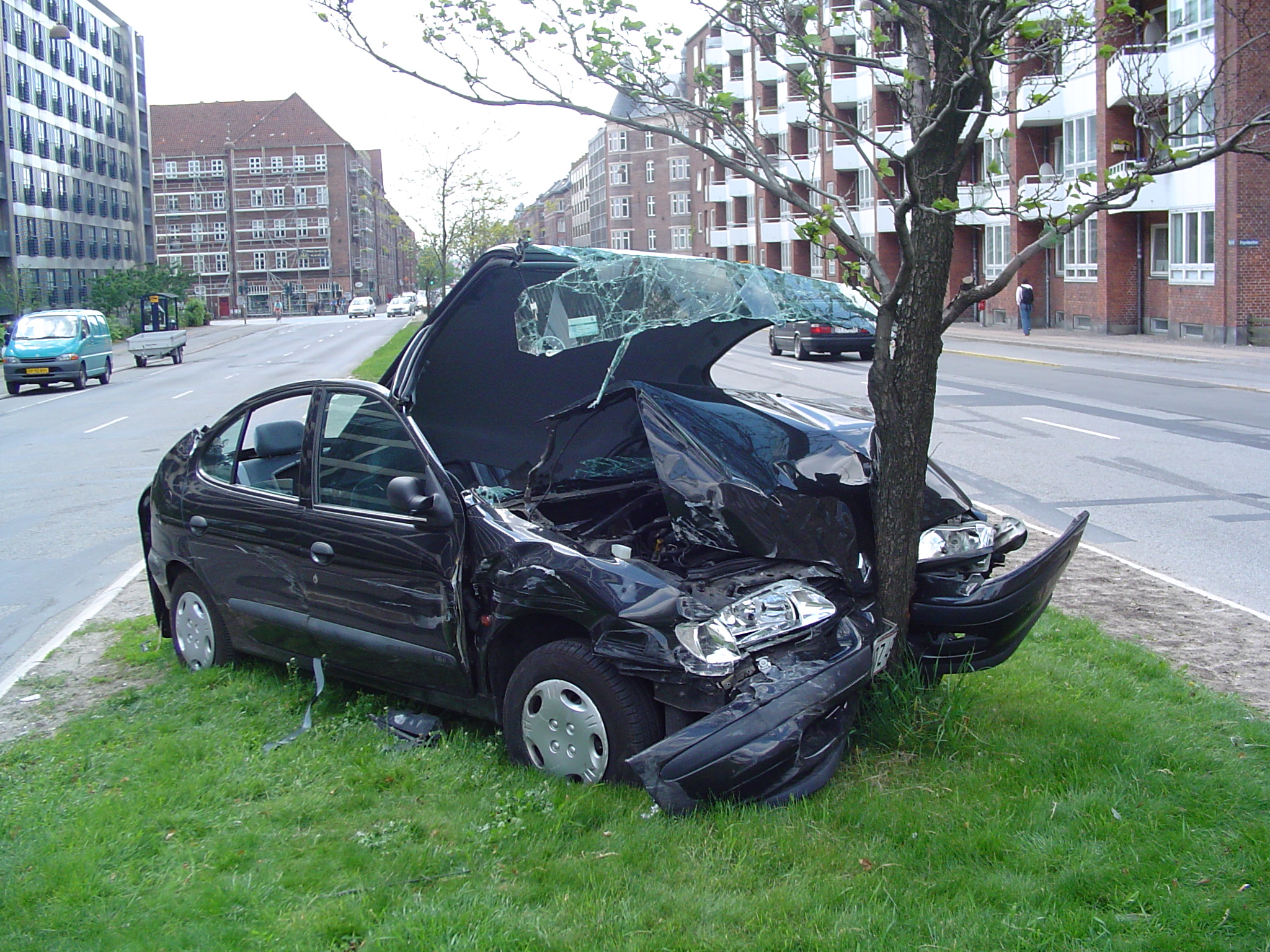
Road traffic law blog post from 2013: In a bid to reduce extortionate insurance premiums and reduce accidents on the roads, the government has proposed a young driver curfew. This is alongside other restrictions on young drivers, such as having to spend a year learning before taking their tests (ouch; sounds like an expensive amount of lessons).
Their probation period (where six, rather than twelve penalty points, results in a disqualification) could be extended further – from two to three years. One-fifth of all road accidents that result in serious injuries or fatalities involve drivers under the age of 24. The most dangerous time to be on the road is at night; there is a significant rise in collisions at this time, so the Association of British Insurers has proposed a curfew for drivers between the age of 17 and 24.
If there is to be a curfew on young drivers, how are these parameters going to be outlined? Will there be a fixed time? In the winter, the days become dark extremely early; will this impact on the curfew and are we making life exceptionally difficult for young drivers? Young drivers won’t be able to assign themselves as the safe, sober driver for the evening, if they can’t drive their friend’s home. Young drivers may even find that they won’t be able to commute from work, due to the restrictions.
Is this really the most effective way of dealing with road accidents?
Insurance and Further Proposals
Another idea is to limit the amount of passengers a young driver can carry, to avoid collateral damage (or something) – it’s thought that with passengers, young people will be encouraged to show off (stereotypes, much?). One good proposal is to have learners take lessons on motorways, which is currently banned. Driving tests will contain more unsupervised driving time, so assessors can analyse their natural control of the car.
Tragically, road accidents are the biggest killer of young people in this country. That explains why the government is coming down so hard on 17 to 24 year-olds. A zero alcohol limit is also going to be considered, as well as all of the other proposals. That sneaky half-pint won’t fly.
It’s thought that young people are generally greater risk-takers and are less equipped to deal with driving difficulties. This reckless risk-taking has been named as one of the reasons why young people get into so many accidents. It’s thought that they are overconfident (especially when you consider their lack of experience) and are likely to speed. Of course, this is in no way indicative of all young drivers, but it’s considered a perceived trend.
It’s a wonder that there are so many young drivers on the road, seeing as the average insurance premium for a driver between the age of 17 and 18 is more than £1,800. We’re not entirely sure how anyone can afford this…let alone the motoring offence lawyers that young people reputedly need after getting into so many accidents.
No related posts.

